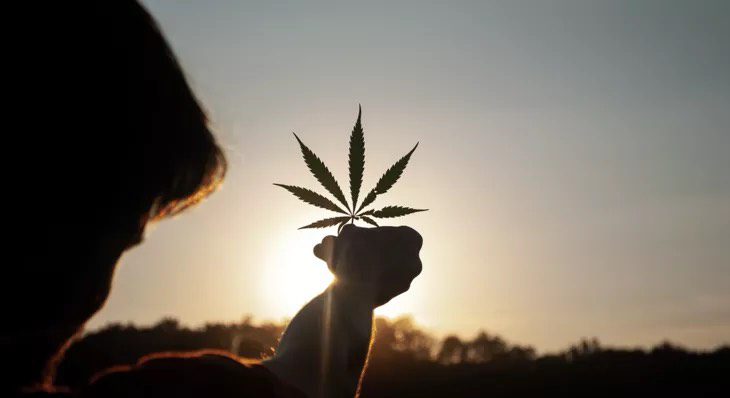The cannabis industry has been searching for other, lesser-known cannabinoids to compete there in the cannabis market as CBD and wide delta THC varieties have grown in popularity. One of the newest and most promising cannabinoids to enter the market is HHCP, commonly known as phytocannabinoid tetrahydrocannabinol.
Because HHCP is resistant to deterioration, heat, and UV radiation, you might not have to worry as much about your stock withering & losing its effectiveness. Everything you need to know about HHC, including its effects, legality, and more, starting with how you came across it.
What does HHCP Stand For?
The cannabinoid HHCP produced from hemp is somewhat new. The HHCP distillate is next put through a series of laboratory safety tests by a group of knowledgeable chemists. Some people think that HHCP is just THCP that has been hydrogenated. HHCP functions by interacting with your system’s CB1 receptors, like other mind-altering cannabinoids, including Delta 9 THC, THCO, and Delta 10 THC.
The hydrogenated analogue of THCP is HHCP. This is comparable to the hydrogenated version of THC. Compared to HHC, it has two extra carbons in the alkane chain. The methyl group attached to the ninth carbon will appear in 9R and 9S confirmations, much like HHC.
The lengthening of THCP’s alkane chain causes it to connect to cannabinoid receptors. Based on early user feedback, it seems to be more effective than HHC and THCP. HHCP is a viscous oil with a slight yellow tint in its purest state.
How did you Learn About the HHCP?
Due to its potency and adaptability, tetrahydrocannabinol (HHCP), also known as phytocannabinoid tetrahydrocannabinol, has recently attracted interest. In 1947, Roger Adams, an American chemist, successfully created HHC from Delta 9 THC.
He was able to add hydrogen molecules to Delta 9 THC through hydrogenation. Scientists have been working on a simple approach to hydrogenate more cannabinoids. The extremely potent cannabinoid THCP was hydrogenated to produce HHCP.
Similar to CBDP, THCP was discovered in 2019 and is a cannabinoid. At the molecular level, they are two phytocannabinoids having seven carbon atoms on their side chains. Italian researchers identified two phytocannabinoids in the FM2 medical cannabis strain.
Experts chose to use a mouse study to compare the potency of THCP to Delta 9 THC. On the other side, research has found that THCP is 33 times more powerful on CB1 receptors than delta 9 THC. Similar to THCP, HHCP compares favourably to HHC.
HHCP’s Potency
Because HHCP is based on the individual’s subjective experience, it isn’t easy to assess how effective it is. According to HHCP users, the substance has a potency of up to two times larger than Delta 9’s and four times greater than THCPs. HHCP is more bioavailable than Delta 9 THC, which is noteworthy.
When using a distillate that combines with fat, HHCP is more prominent in your system than Delta 9 THC. HHCP would be the undisputed victor in edible strength tests. HHCP has stronger psychotropic effects even after being vaporised than Delta 9 THC.

